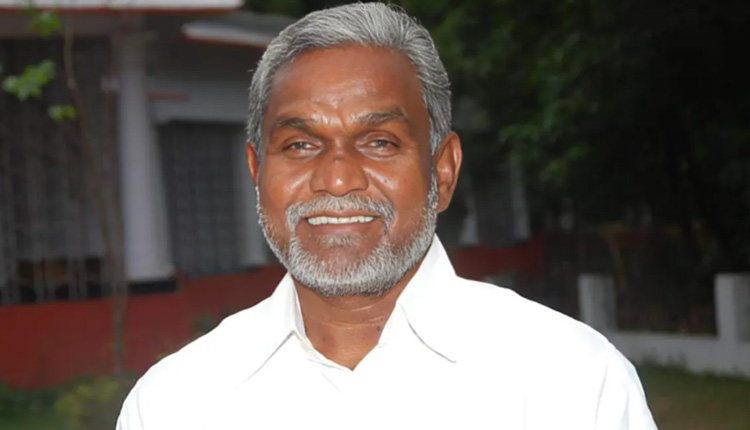
Introduction:
- The opening of the blog introduces the main news: the Champai Soren-led JMM-Congress government successfully winning a trust vote in the Jharkhand assembly.
- Key figures mentioned include Champai Soren securing 47 votes and the NDA (National Democratic Alliance) receiving 29 votes in the 81-member house.
- It notes that the story is still developing, and readers should stay tuned for updates.
Background:
- This section provides a brief background on the political scenario in Jharkhand to give readers context for the trust vote.
- It emphasizes the significance of the trust vote within the context of the 81-member assembly, hinting at the importance of the political landscape in the region.
Floor Test Highlights:
- Details about the floor test and the vote count are highlighted, showcasing the specific numbers that contributed to Champai Soren’s victory.
- It emphasizes Champai Soren securing 47 votes, including one nominated member, and the NDA receiving 29 votes. This gives readers a clear understanding of the political dynamics at play.
Champai Soren’s Response:
- This section delves into the discussions during the floor test, with Champai Soren and Hemant Soren targeting the BJP (Bharatiya Janata Party).
- Hemant Soren’s commitment to providing a strong response to ‘Samanthi Takatons’ (presumably a political opposition group) is highlighted, adding a layer of drama to the political narrative.
- Reference is made to alleged destabilization attempts by the BJP and their failure in those efforts.
Political Developments:
- The blog provides an overview of Champai Soren taking on the role of Chief Minister on February 2.
- The scheduled floor test on February 5 and the need for a minimum of 41 votes to form a government are highlighted, explaining the context for the trust vote.
- Allegations by Champai Soren against the BJP, accusing them of using central agencies against Hemant Soren, are discussed, shedding light on the political tension between the parties.
Hemant Soren’s Reaction:
- Hemant Soren’s strong response to the allegations is outlined, where he challenges the BJP to prove corruption charges and expresses willingness to quit politics if proven guilty.
- The accusations against the central government, governor, and the BJP for conspiring against him add a layer of drama and intensity to the political situation.
ED’s Involvement:
- The section discusses Hemant Soren’s arrest by the Enforcement Directorate (ED) on January 31, adding a legal dimension to the political events.
- It notes his participation in the voting during the trust motion while in ED custody, highlighting the unusual circumstances surrounding the trust vote.
- Claims that ED officials prevented him from addressing the assembly provide insight into the challenges faced by Hemant Soren during this period.
BJP’s Perspective:
- BJP leader Amar Kumar Bauri’s statement defending the party’s role in Jharkhand politics is outlined, providing a counterpoint to the accusations made by Champai Soren.
- Bauri credits the BJP for creating a government in Jharkhand and accuses Congress of not prioritizing the well-being of the people, contributing to the ongoing political tension.
- Bauri’s remarks on law and order and suggesting that Champai Soren should avoid going to jail add a confrontational element to the political discourse.
Conclusion:
- The blog concludes by summarizing the key events surrounding the trust vote in Jharkhand.
- It emphasizes the ongoing political tensions and the potential impact on the state’s governance.
- The promise to provide updates as the situation unfolds encourages readers to stay engaged with the evolving political narrative.







